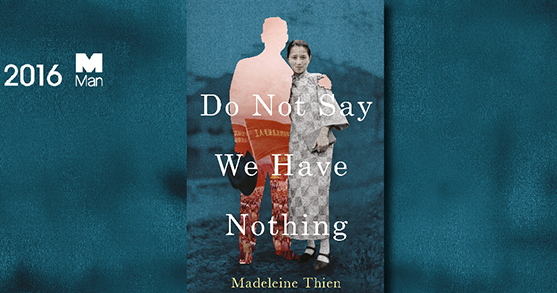

Do Not Say We Have Nothing is her fourth novel. Madeleine Thien was born in Vancouver and has been the recipient of numerous awards in her native Canada and further afield. ‘This is a moving and extraordinary evocation of the 20th-century tragedy of China, and deserves to cement Thien’s reputation as an important and compelling writer.’ - The Guardian In Do Not Say We Have Nothing, Madeleine Thien does both with a skill which is as astonishing as it is apparently effortless. To do so with events which are still so culturally and politically sensitive takes no small degree of bravery. It is no small feat to successfully weave history into fiction in a way which feels both seamless and authentic. Forced to re-imagine their artistic and private selves, their fates reverberate through the years, with deep and lasting consequences for Ai-Ming - and for Marie. It is a history of revolutionary idealism, music, and silence, in which three musicians, the shy and brilliant composer Sparrow, the violin prodigy Zhuli, and the enigmatic pianist Kai struggle during China's relentless Cultural Revolution to remain loyal to one another and to the music they have devoted their lives to.


Her name is Ai-Ming.Īs her relationship with Marie deepens, Ai-Ming tells the story of her family in revolutionary China, from the crowded teahouses in the first days of Chairman Mao's ascent, to the Shanghai Conservatory in the 1960s and the events leading to the Beijing demonstrations of 1989. In Canada in 1991, ten-year-old Marie and her mother invite a guest into their home: a young woman who has fled China in the aftermath of the Tiananmen Square protests. The first time, to end his marriage, and the second when he took his own life In a single year, my father left us twice. Shortlisted for the Bailey’s Women’s Prize for Fiction 2017


 0 kommentar(er)
0 kommentar(er)
